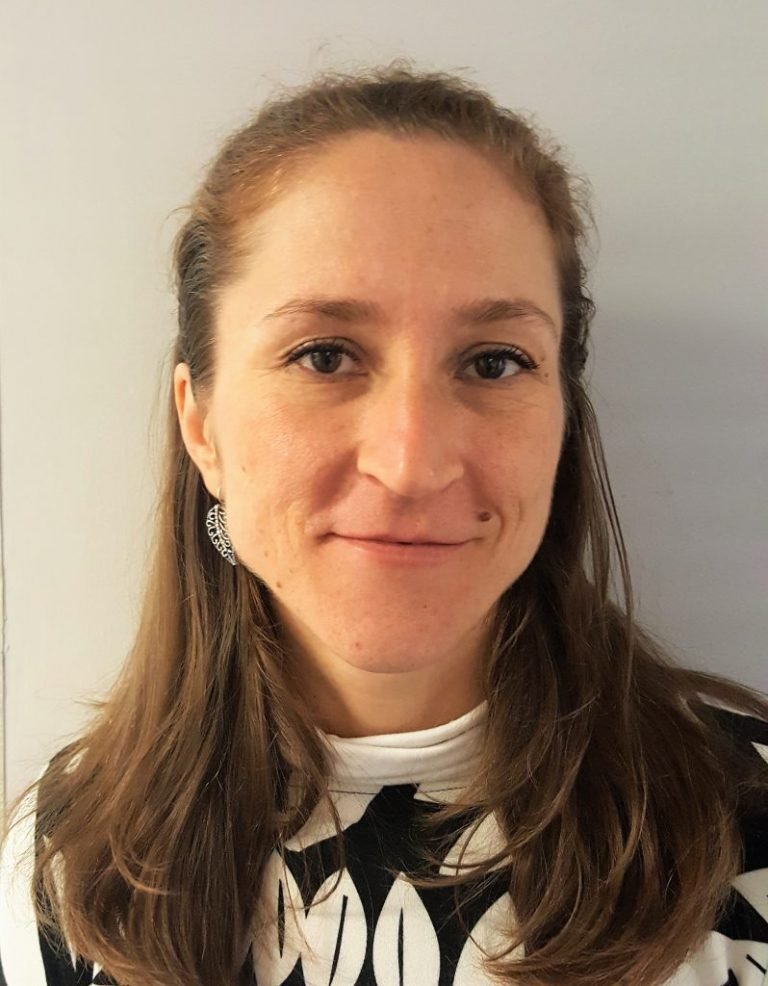Why peacebuilding needs women
All around the world, every day, women play a vital role in promoting peace - in their communities, their workplaces and their homes.
Too often they don't get the recognition they deserve. Here, at Concordis, we celebrate the 20th anniversary of the United Nation’s Women, Peace and Security agenda and Resolution 1325 by highlighting the important role that women play in finding workable solutions to sustainable peace in the Central African Republic, Mauritania, Sudan and South Sudan, and across the Sahel.
Tabitha is our Peace Liaison Officer in Abyei
Tabitha Chol, our inspiring Peace Liaison Officer in Abyei
“I strongly believe my role, as a woman, is that we can all be positive agents for peace in our communities by being a neutral mediators, facilitators and peacebuilders for sustainable peace,”
says Tabitha, inspiring Peace Liaison Officer on our EU-funded project in Abyei.
Maintaining a gender perspective on conflict and peace is vital to ensure workable solutions that benefit all members of society. Concordis recognises that women’s roles in conflict are versatile. Some are victims of war, some carry the burden of being the sole provider for their family, some are formal or informal advocates for peace, and others commit acts of violence and participate in the fighting themselves. No matter the role women play in conflict, it is clear that women represent a crucial stakeholder in conflict.
Our women peacebuilders explain why.
Women are just as affected by war as men, Tabitha explains. In fact, women are often disproportionately affected by conflict both during and after war, and often become victims of sexual- and gender-based violence (SGBV). While men are off fighting wars, women typically assume all responsibilities within the communities. As many become widows, women consequently become the sole breadwinner for their household.
Timea Szarkova, our highly skilled and experienced Programme Manager for Central African Republic and Mauritania.
Timea is our Programme Manager for Central African Republic and Mauritania
She explains that often, while men fight in wars, women form an active part of society and are often working on peace behind the “official scenes”. Too often the ones fighting the wars representing armed groups are the only ones invited to the negotiation table. And too often, women are excluded from peace talks because they do not take up arms. This leaves women’s contributions in wartime side-lined and unrecognised, and their views, needs and opinions concerning the future of their communities neglected.
As Timea and Tabitha both explain, women’s participation in peacebuilding is not only a question of the right to participate, but also a question of raising the prospects of inclusive, effective, and sustainable solutions to conflict. “Women’s perspectives tend to differ on how peace should look like and how societies should get there. Women understand and strive for win-win solutions. If we don’t consider their voices, we will not be able to consolidate the recommendations” Timea says.
Yet the barriers preventing women’s effective inclusion and participation are many, and hard to dismantle.
Our peacebuilders list traditional patriarchal norms and “toxic masculinity that fears women’s power” as detrimental to women’s participation in peacebuilding.
“Patriarchy overall considers women to be passive, weak and receiving members of society, that fill a certain predefined role but have no place in the leading roles of men” Timea explains.
Tabitha identifies a lack of support for women’s education and capacity-building, a lack of accessible resources for women’s bodies and organisations, and political, social, and economic exclusion as key issues preventing women’s inclusion.
But how can we take action to make the changes necessary to safeguard women’s inclusion in peacebuilding?
With more than 20 years’ experience working within peacebuilding, Tabitha suggests financial support for women’s community organisation and investment in women’s education and capacity-building is vital to overcome the barriers to women’s exclusion.
“More women in leadership and authority positions would already bring a big shift and change to the world but directly in peacebuilding I think more women should be considered as agents of peace, rather than passive actor of the society. In peace talks, and dialogues, special place should be reserved for women around the table and men need to be conditioned to take them seriously.” Timea says.
The 20th Anniversary of the Women, Peace and Security agenda and Resolution 1325 tells us it is time not just for action, but results. Together, we must take gender seriously and make sure women are present at the table once and for all.



